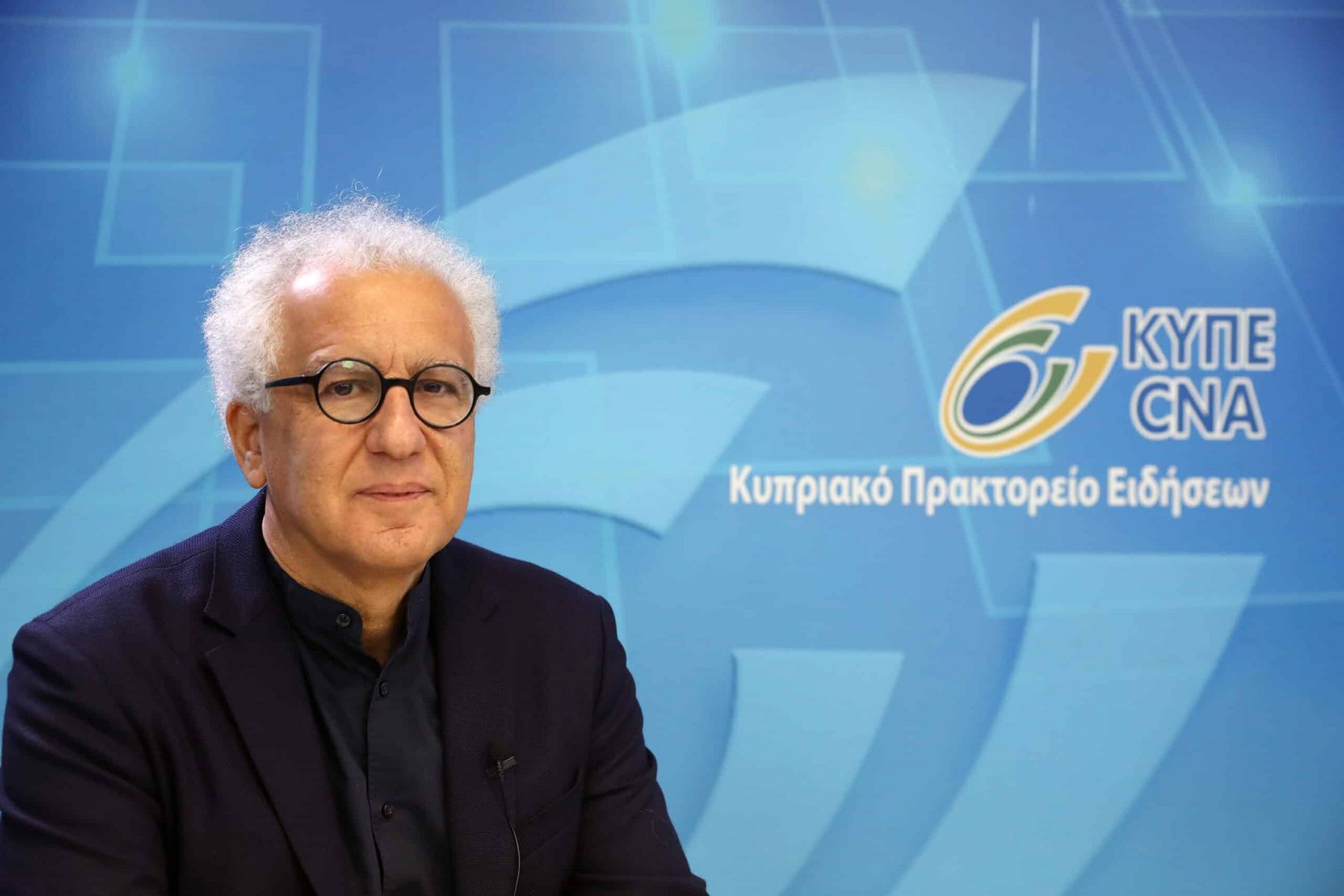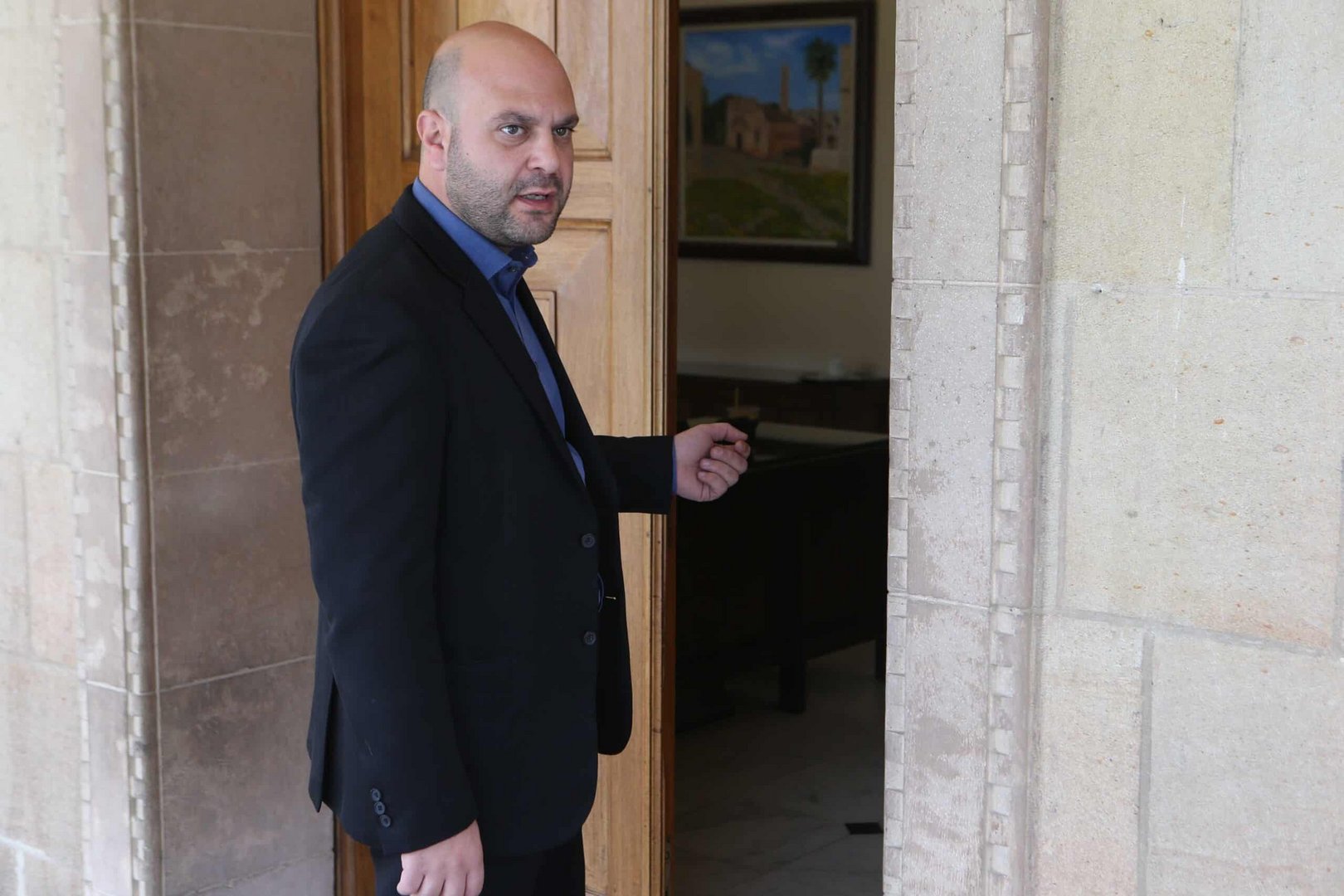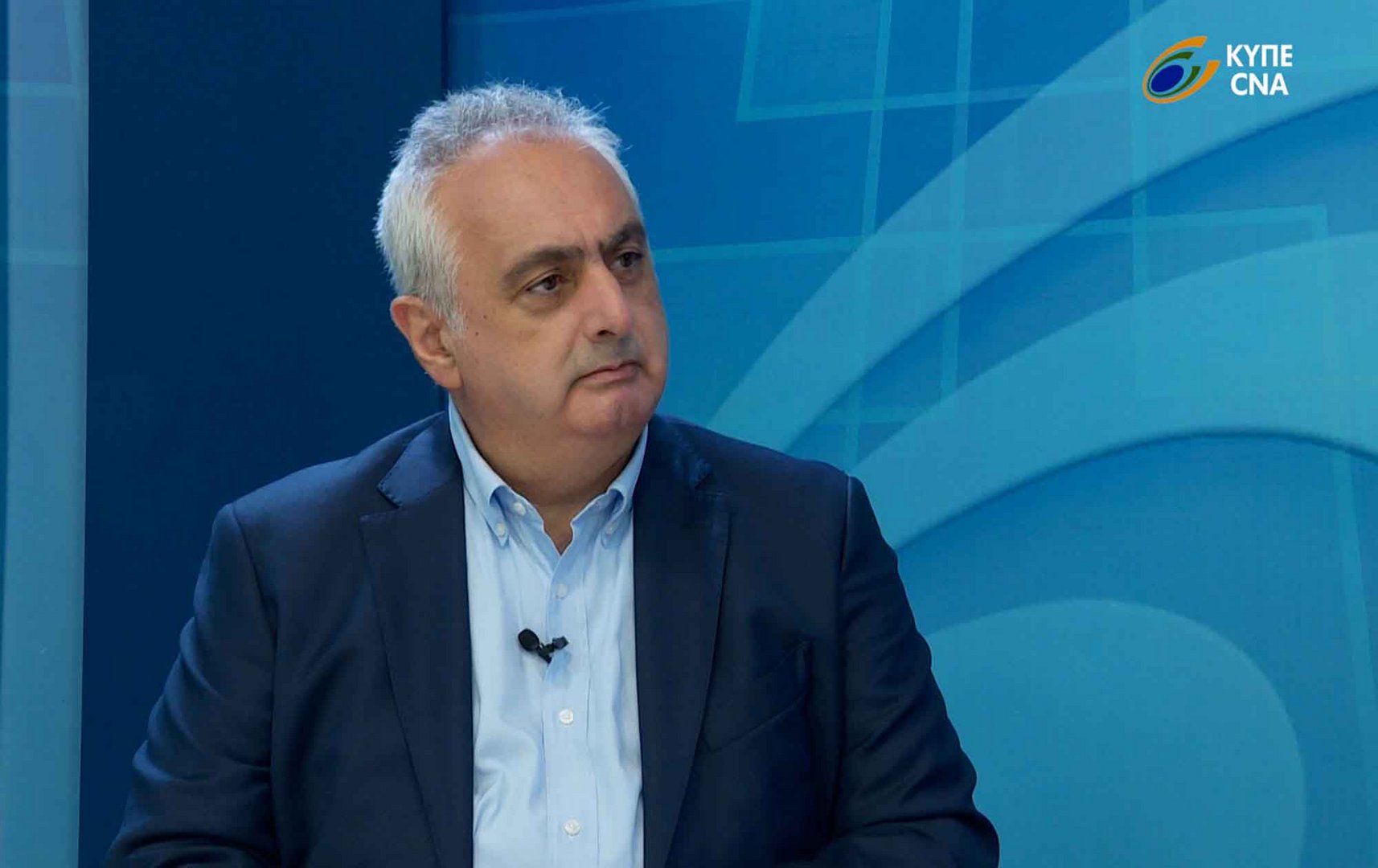The so-called ‘minor candidates’ for the presidency have deplored the lack of a level playing field in terms of the exposure given to them by the mainstream media, which they say enables the three main contenders to practically dominate. And though nothing new or out of the ordinary, this state of affairs does not appear to be entirely inevitable either.
In a letter of complaint about this very issue addressed to the Broadcasting Authority back in November, independent candidate Achilleas Demetriades referred to the three main presidential contenders as the ‘systemic candidates’, noting that the upcoming cross-channel debates “essentially funnel voters toward a certain direction”.
Contacted by the Sunday Mail, Demetriades likened the situation to a ‘cartel’.
“The biggest problem is the perception that there are the three main candidates [Averof Neophytou, Andreas Mavroyiannis, Nikos Christodoulides], and then there are rest. That perception is unfair. But how we did get there?”
Demetriades, who polled at 3 per cent in the latest survey commissioned by the CyBC, said television is the biggest issue – the public broadcaster CyBC and the four main private channels.
“Television broadcasting frequencies are part of the national wealth. It’s licensed to TV stations to be used in accordance with the terms of the licence, and in turn in accordance with the law. And one of the terms of this licence is non-discrimination or equal treatment.”

Costas Christofides
As far as the CyBC goes, Demetriades thinks it has “a strange way of deciding who gets airtime with them. In relation to the cross-channel debates, they allocate to the three main candidates disproportional time. It’s unclear whether opinion polls are the benchmark.”
Where the private stations are concerned, he adds pointedly, “we saw the operation of the cartel between the four big channels and the three main candidates, when they excluded everyone else from the first two cross-channel debates.”
After pressure exerted on the Broadcasting Authority, seven candidates did appear on the third cross-channel debate in early January.
“There’s an interesting question here,” goes on Demetriades, “given that the studio of Omega has capacity for seven candidates, as to what they’ll do in the fourth and last cross-channel debate scheduled for early February. It also begs the question as to why the minor candidates did not get invited to the first two debates.”
The Nicosia-based attorney says he is “specifically challenging the cartel in relation to the cross-channel debates, which obviously have the highest visibility.”
Demetriades broaches another topic – that political parties tap into taxpayer money in subsidising the campaigns of their own candidates, or the candidates they back.
“Remember, every year – including 2022 and 2023 – political parties get a total combined €5.5 million in state grants. But I want to stress – I’m not asking for a subsidy for myself. I just point out the unfair advantage of this subsidy, that must be stopped.”
Again, Demetriades notes that his observations concern the mainstream media, especially television. On social media, the situation is very different, as there it’s an “open market”.
Costas Christofides, another independent candidate, described how the minor contenders are up against a juggernaut.
“When it comes to exposure, we don’t stand a chance – we don’t have the money nor the connections that the others [the established parties] have,” he said.
Time is also a major factor. Now a professor with the University of Cyprus, Christofides says he’s had to take 40 days of unpaid leave to dedicate himself to his campaign.

Elam leader Christos Christou
“For a year now, the three main candidates are all over the newspapers and television,” he says.
But just how far are the scales skewed? According to Christofides, during the summer of 2022 he tracked that the three ‘big’ candidates “got 10 times more time on television than we did”.
On social media, Christofides and his ‘Neo Kima’ [New Wave] political movement have been spending on ads on Facebook – but again, a drop in the ocean compared to the party-backed candidates.
The head of right-wing Elam, Christos Christou, is also considered one of the ‘minor’ candidates.
But Christou did appear on Thursday’s debate hosted by CyBC alongside the ‘big three’.
Party spokesman Geadis Geadi explained that, even though Christou may be seen as one of the ‘small candidates’ he does not really fit the bill.
But he did provide some context. The Broadcasting Authority relies on, or cites, a law regulating the air time to be afforded to candidates, based on the results of the latest election – in this case the 2021 parliamentary elections. The candidates are thus ‘prioritised’ based on what their party got in terms of the percentage of the popular vote.
The other major criterion, in terms of exposure, has to do with the ‘type’ of candidate. On paper at least, top priority goes to a candidate who himself/herself is a member of a registered political party with a presence in parliament. Next down the ladder are candidates who are cadres of a party, but a party which does not have a parliamentary presence. Then come independent candidates, who are not cadres/members of any party, but who have the official endorsement of a parliamentary party. Last on the rung are candidates who are none of the above.
Also, a candidate who has the backing of a non-parliamentary party must demonstrate that the party has offices in all districts. In other words, that it is a ‘serious’ organisation with means; and not some ragtag association of a group of people.
By this criterion, Disy’s Neophytou should get the most exposure, followed by Elam’s Christou. In reality, however, it is Neophytou, Christodoulides and Mavroyiannis who hog the limelight.
“Obviously, for practical reasons it works out differently,” comments Geadi. “The candidates get exposure that’s proportional to the strength of the parties behind them. For instance, it wouldn’t make much sense if Christou got the same airtime as, say, Neophytou or Mavroyiannis.”
The takeaway seems to be precisely that – the distinction between ‘equal’ treatment and ‘equitable’ treatment – and how that’s interpreted.







Click here to change your cookie preferences